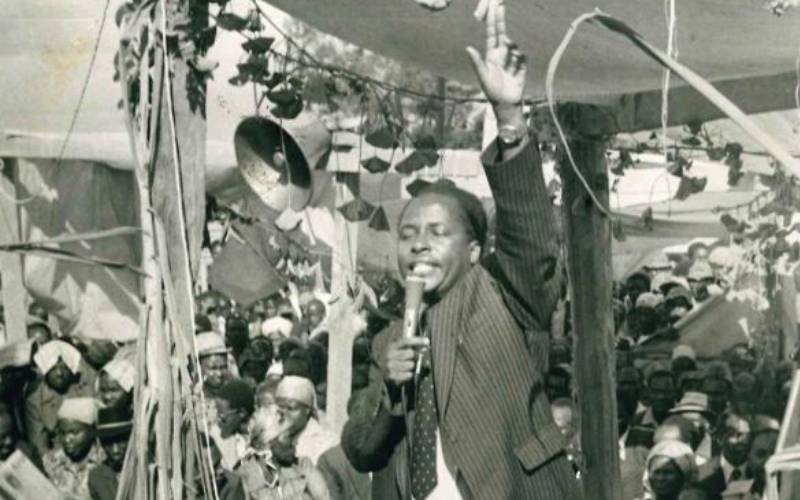×
The Standard e-Paper
Kenya’s Boldest Voice

J.J Kamotho addressing the public, Kiriaini, Kangema. 1979. [File, Standard]
This is the week of reckoning as once again parents are in the eye of the storm. Millions will be running around desperately pleading with friends, relatives, shylocks and conventional lenders to bail them out.